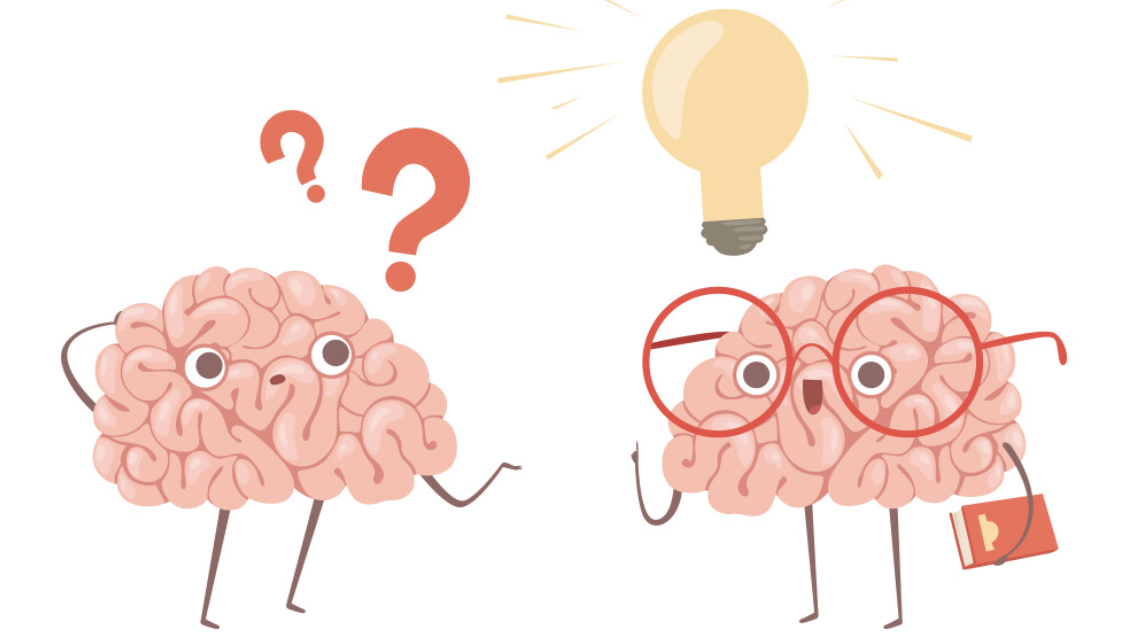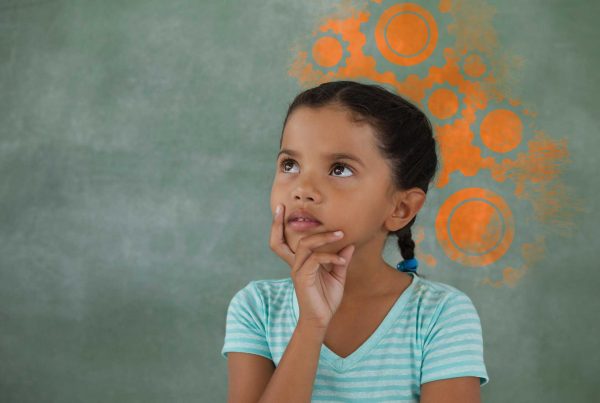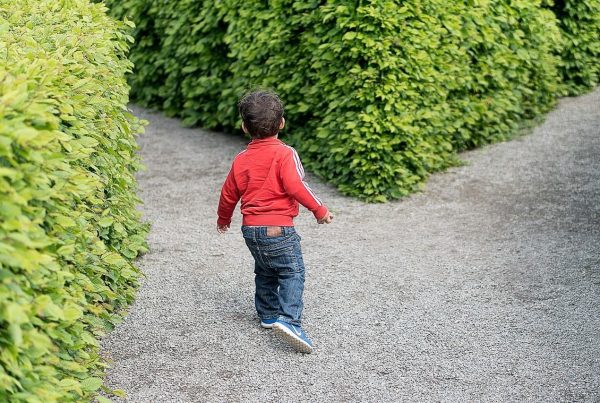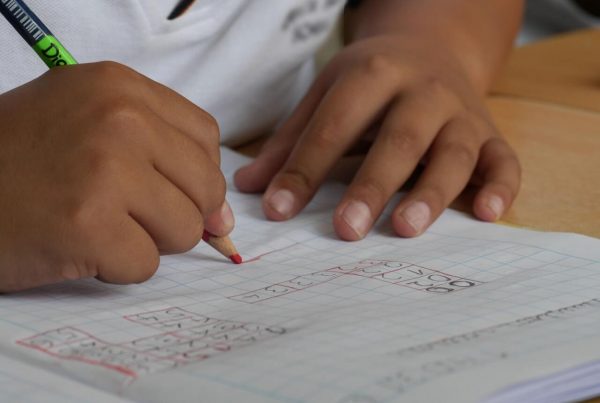
Empowering Young Minds to Embrace Curiosity and Growth Through Trial & Exploration
Trial and error exploration is critical for children’s development as it fosters crucial skills such as problem-solving, critical thinking, and resilience. Through trial and error, children learn to experiment, take risks, and adapt their approaches based on the outcomes they encounter. This process deepens their understanding of concepts and builds confidence in their abilities to overcome challenges. Ultimately, trial and error exploration empowers children to become self-directed learners who persevere through setbacks, equipping them with invaluable skills for success in academics and in life.
- Support Self-Directed Learning: Foster a sense of autonomy by allowing children to choose their own activities and projects based on their interests and curiosity. Offer resources and guidance as needed, but encourage them to take ownership of their learning journey.
- Emphasize Process Over Product: Shift the focus from the end result to the process of learning and discovery. Encourage children to enjoy the journey of exploration, experimentation, and problem-solving, rather than solely seeking a predetermined outcome or perfect solution.
- Ask Open-Ended Questions: Stimulate critical thinking and reflection by asking open-ended questions that encourage children to explore different possibilities and consider alternative approaches.
- Normalize Mistakes: Create a culture where making mistakes is viewed as a natural and valuable part of learning. Help children understand that mistakes are opportunities for growth and learning, not failures to be feared or avoided. Encourage them to embrace challenges and approach setbacks with resilience and optimism.
- Offer Scaffolding: Offer prompts, hints, or additional resources when they encounter challenges or need assistance, but resist the urge to solve problems for them. Gradually fade support as children gain confidence and independence in their explorations.
- Promote Divergent Thinking: Encourage children to brainstorm creative ideas, think outside the box, and explore unconventional approaches to problem-solving. Emphasize the value of originality, flexibility, and adaptability in the exploration process.
How We Can Help
At Little Thinkers Center, we guide children to become better, stronger thinkers with a curriculum of activities that encourage independent thought, initiate genuine curiosity, and develop sharp problem-solving skills. We accomplish this with the use of various Visual and Logical Thinking exercises, games, and tasks that build a strong foundation for the critical thinking skills and trial and error mindset your child needs. When your child becomes a Little Thinker, independent thought and exploration is consistently encouraged and cultivated with a positive, non-judgmental environment. Contact us to learn more about our Afterschool Enrichment Program and our Weekly Social Groups today!



